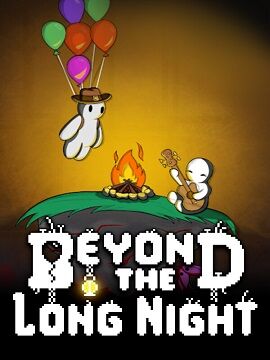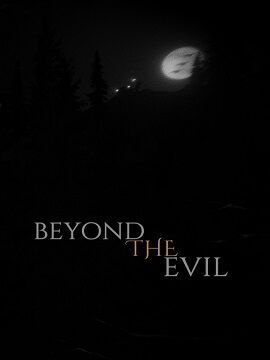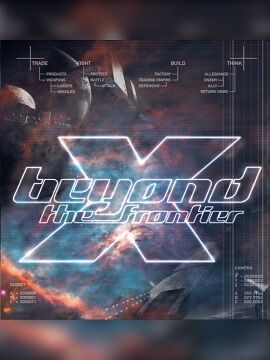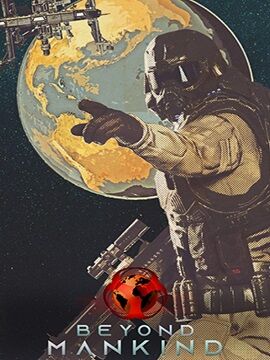
Brand
- KAISER + KRAFT GMBH 5.584
- Native Spirit 4.755
- Mascot 4.687
- Shire 3.826
- Kennametal 3.786
- Routledge 2.922
- VALEO 2.655
- Stormtech 2.449
- Regatta Professional 1.577
- Maroxe 1.180
- Molan 1.146
- Savings Store 954
- Garden Plants Online 869
- Tyrell & Tyrell 674
- EUROKRAFTpro 665
- Sid & Sam 661
- Style and Chic 652
- Millennium Furniture 623
- Casper Homes 601
- Unbeatable Bargains 587
- NEOBLU 578
- The Home Maker 577
- R and M Furniture 566
- Beyond Yoga 561
- All Things Good 560
- BIL 556
- Merlin Deals 545
- Merkel Designers 514
- Charlotte Dunes 508
- Brittle & Co 500
- Tc 500
- Co 449
- Direct Imports 443
- müller small living 434
- Decor Base 406
- Discount Dealers 404
- Regatta High Visibility 399
- CRC Press 374
- Tec 371
- CRIME LONDON 367
- YouGarden 366
- Harley 354
- Design Hut 341
- Life Essentials 340
- Esab 332
- Slingsby 314
- Neo 312
- Matlock 311
- Steam 304
- Royal Crown Derby 303
- vendor-unknown 303
- Unique & Co 302
- Puckator 292
- Watco 289
- SCHULTE 288
- Beaverswood 278
- Raven 277
- JP Cages 274
- METALMATE 244
- Kalsi 240
- MonsterShop 240
- Art Nest 230
- M&S Collection 230
- Craftiful Fragrance Oils 212
- SHINEANDGLORY 210
- Pferd 209
- Mercia 206
- Bolero Bespoke 204
- Mantis 204
- Indexa 203
- Sealey 203
- Canadian Spa Co 196
- 3M 194
- Sherlock Amusement Sales 192
- Polaroid 189
- EWS 182
- Carpe Diem Beds 177
- Ping 174
- Camozzi 170
- Eurocell 169
- Montana Colors 167
- Home Living Luxury 166
- Selfmade 166
- Liquitex 164
- MTP Products 163
- Amazonas 159
- Montana 157
- Daler-Rowney 156
- adidas 147
- YOKO 144
- Sale Flooring Direct 138
- Geko 135
- Lighthouse 133
- Purestep 132
- Coba 131
- Bloc Blinds 130
- EWALD HILDEBRANDT 130
- Outsunny 130
- Callaway 129
- Homcom 128
Colour
- Black 4.810
- White 2.501
- Brown 1.630
- Grey 1.305
- Navy 1.178
- Blue 1.159
- Yellow 637
- Green 582
- Pink 561
- Dark Navy 522
Size
Gender
Merchant
- Zoro UK Limited 40.386
- Home Done 10.940
- Routledge 3.629
- QD Stores 3.278
- Maroxe 2.863
- Cherry Lane 2.204
- K4G.COM 2.048
- Building Plastics Online 1.663
- Alensa.co.uk 1.099
- Marks & Spencer UK 996
- Orthopeca UK 913
- Garden Plants Online 869
- Cowling & Wilcox 740
- Home Living Luxury 706
- Perfect Little Thing 690
- havens.co.uk 657
- Click Golf 624
- Essential Photo 592
- MyTrendyPhone.co.uk 554
- My-Deco-Shop 537
- Acorn Fire & Security 435
- AndLight.co.uk 416
- Seal Medical 392
- Grace & Co Jewellery 372
- Crime London 367
- YouGarden 366
- Erysta 359
- Your Stylish Home 328
- Golf Gear Direct 308
- Haya Clothing 303
- JP Cages 299
- Sale Flooring Direct 293
- Puckator.co.uk 292
- Pureshoes 275
- Posted Protein 273
- Craftiful Fragrance Oils 271
- Selfmade.com 258
- Lime Lace 243
- Golden Valley Plants 226
- Kick Game 215
- Compatink 210
- Purrfpets 210
- shineandglory.com 210
- Sherlock Amusement Sales 192
- carpediembeds.co.uk 177
- Glisshop uk 155
- RS Components UK 141
- Onlynaturals 133
- Bloc Blinds UK 130
- Love My Window 130
Price (EUR)
- <5 6.211
- 5 - 10 2.057
- 10 - 20 6.030
- 20 - 50 17.684
- 50 - 100 15.618
- 100 - 200 11.373
- 200 - 500 9.360
- >500 19.145





















